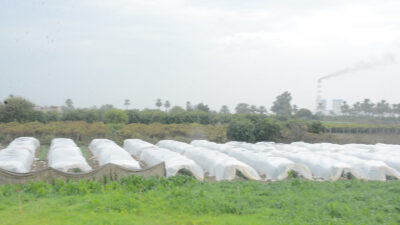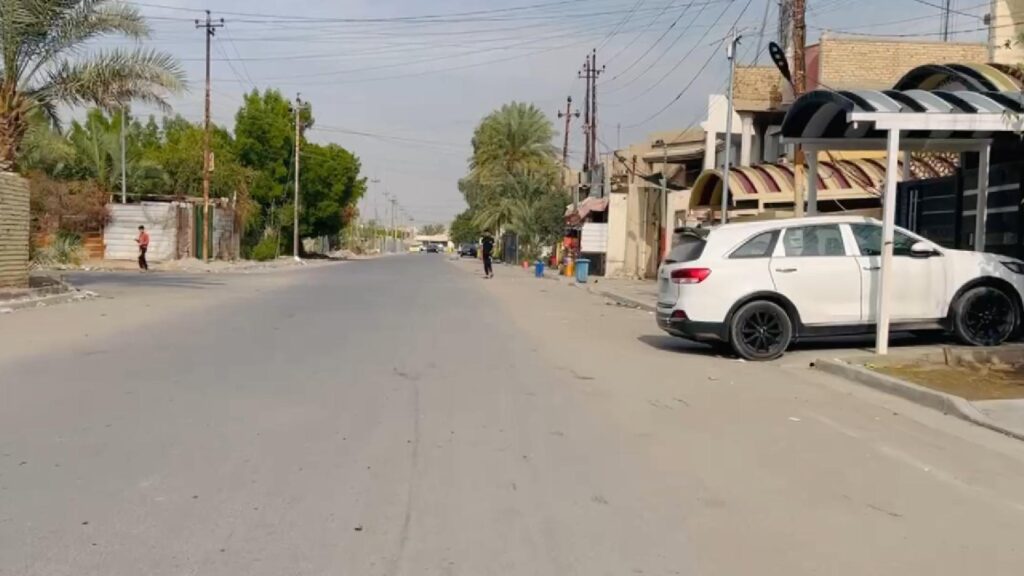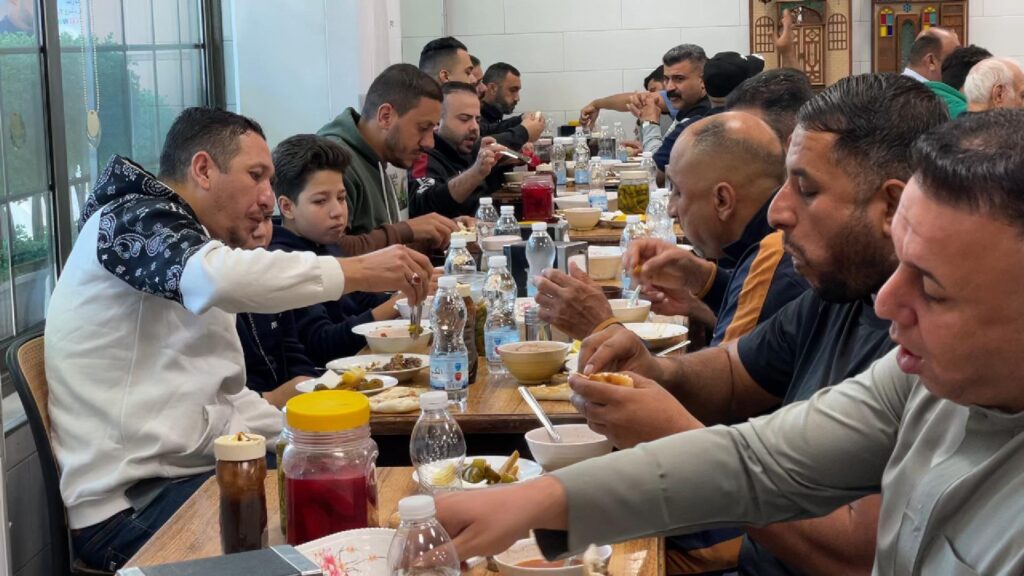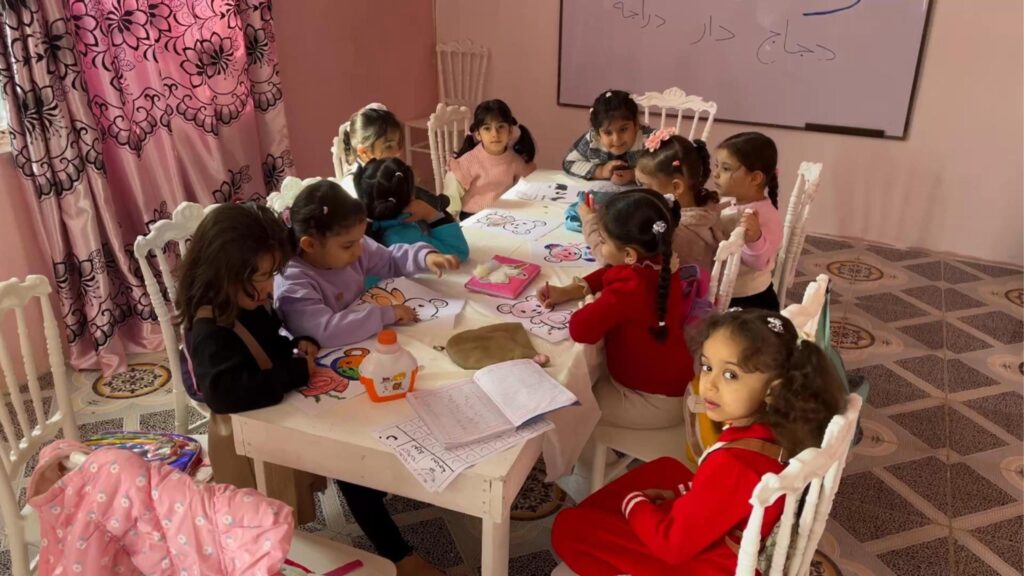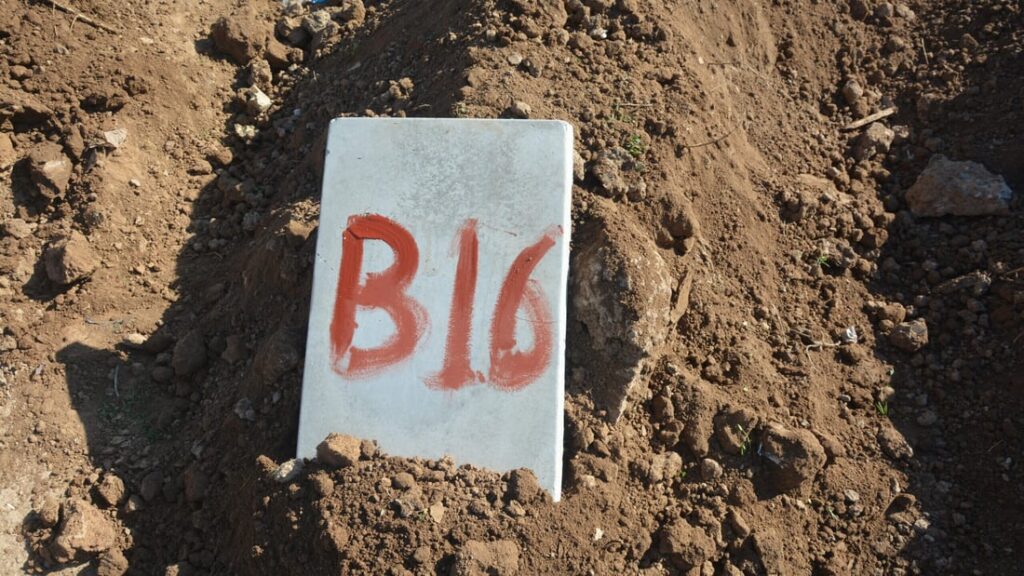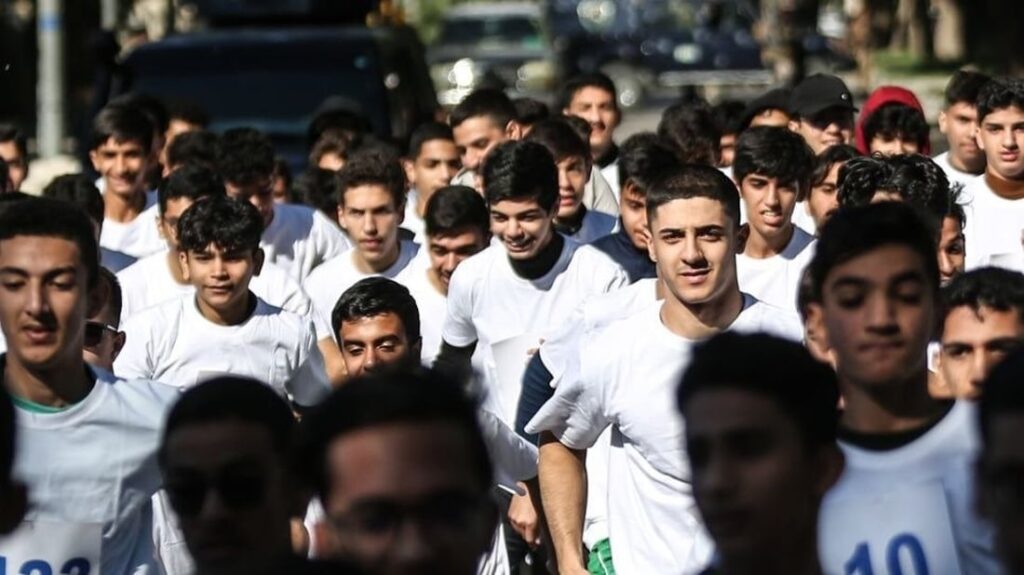Iraq to recall 13,000 police member back to work in Mosul: Minister

ERBIL (Kurdistan 24) – Iraq’s Minister of Interior reinstated more than 13,000 police and security personnel members in the province of Nineveh after they were removed from their positions in 2014 and fled the area once it fell to the Islamic State.
The decision came after Minister, Yaseen al-Yasiri, visited the city of Mosul on Sunday to discuss the security situation and staffing issues.
In a press conference in the liberated province, Yasiri announced the return and the reinstatement of 13,252 of police and security administration staff in the governorate of Nineveh.
He also mentioned the Iraqi government would “work to reinstate staff from other sectors as well,” including those responsible for issuing driver’s licenses and national identification documents.
“The staff will begin their duties after the Eid al-Adha holiday is over.”
Hassan Lheby, Deputy Governor of Nineveh, after his meeting with the Minister, told local media that, “those chosen to return to work are police and security officers and personnel that were let go after ISIS took control of areas in the province” and were deemed by then-Prime Minister Nouri al-Maliki of having “failed to perform their duties against the terrorist group.”
Governmental employees, including security and the police forces of Mosul, have held several protests and gatherings demanding reinstatement to their former positions, from which they were discharged in June 2014 after the attack on the city.
The deputy governor also noted that, “prior to the occupation of Mosul, police staff amounted to 24,000 individuals. There are now only 17,000, which will be joined by the 13,000 returning to the force.”
Mosul, the second-largest city in Iraq, was one of the strongholds of the Islamic State in the country following the group’s emergence in 2014. After taking control of Mosul, the jihadist group named it the Iraqi capital of its self-proclaimed caliphate.
The Islamic State, however, continues to wage an insurgency in liberated areas, notably in Anbar, Nineveh, and Kirkuk, as well as areas it never controlled, such as Baghdad.
Editing by Nadia Riva

